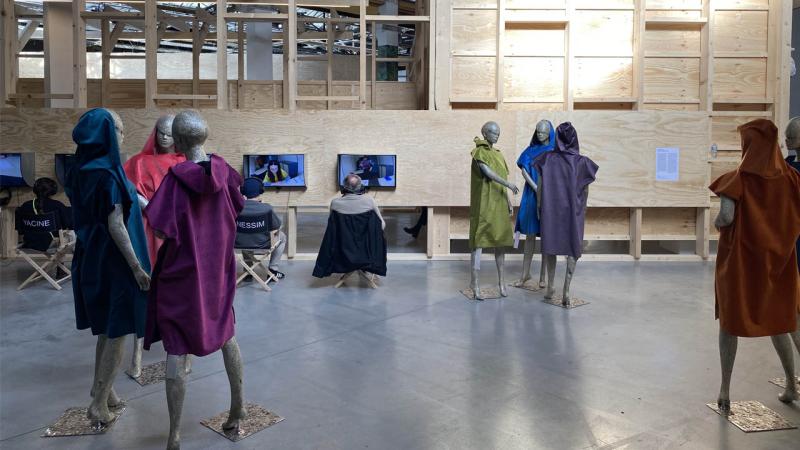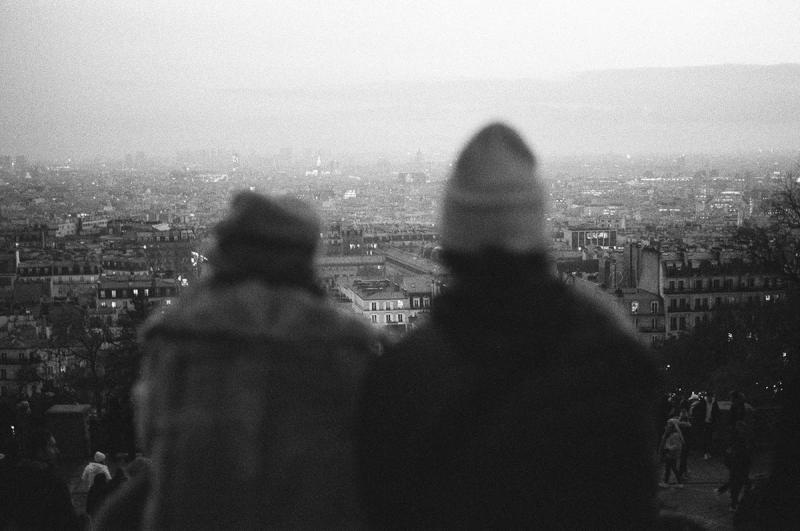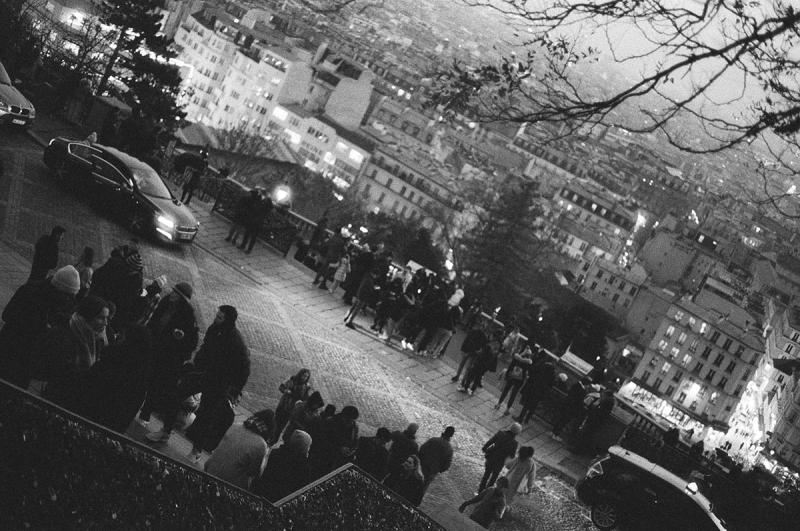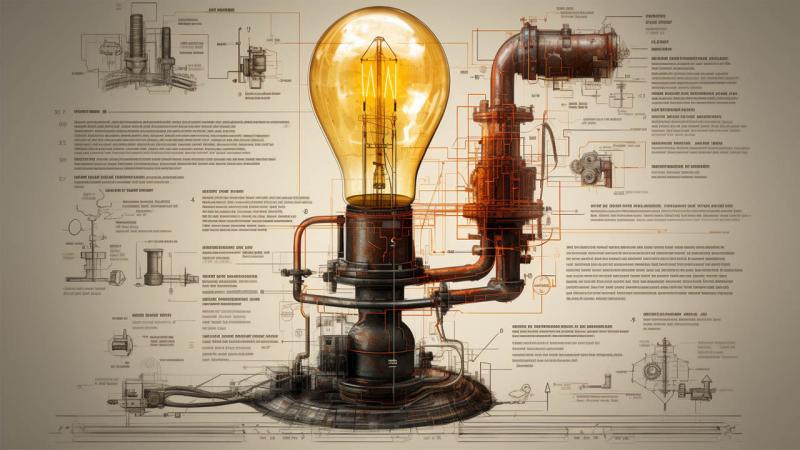It might sound like a New Year's resolution, but it's not at all. It's the culmination of a rebellion I've been brewing for a while.
Last year, quietly and without fanfare, I (almost) abandoned Facebook, LinkedIn, Twitter, and the like. My concerns with social networks were manifold:
- You don't choose/know who sees what, or when,
- No control over the site's appearance or layout,
- Everything can change overnight without warning,
- The highlighted content doesn't interest me,
- I hate ads,
- People end up producing content "for the algorithm",
- It enriches companies I don't admire,
- I'm tired of the reflex to check my phone.
In parallel, I created this blog.
My idea was simple: I would post here everything I posted elsewhere. On a site I manage, whose appearance I choose, which is not subject to the control of a third party or an algorithm. And that doesn't enrich anyone (except my hosting platform – and not much).
Of course, in doing so, I lost some advantages:
No more likes. No more shares. And, really, no more visitors.
This last point should have been a dealbreaker – after all, we publish to be read – but strangely, I continued. For a year, I posted content on a blog that almost no one came to see.
Then something unexpected happened.
As the months passed, my content transformed. My articles became longer, closer to my true concerns. I started doing photography again, writing dialogues, publishing drawings, creating more.
I also began to improve the site – appearance, navigation, features – so that it quickly became a "home." Where I feel good. That inspires me like an artist can be inspired in their studio.
But most importantly, despite the lack of visitors, each publication brought me more satisfaction. Strangely, I took more pleasure in creating for no one than for the elusive and shapeless public of social networks.
A year later, I've drawn three lessons from this experience.
First, personally, I realized that the shelf where I place my pottery is more important than I imagined. I need boxes to store what I do – even the little things – otherwise the creative process stalls upstream.
Secondly, you must first create for yourself.
Rather than a clumsy explanation, I recently came across two videos of artists I admire who tell it much better – and with more authority – than me:
"Never play for the gallery. Never work for other people."
– David Bowie, in this video.
"The audience comes last. And I believe that. I don't do it for them; I do it for myself."
– Legendary producer Rick Rubin, in this short.
(Not forgetting this video I've already mentioned: Create or Be Consumed.)
Finally, of course, you still have to share. Otherwise, it's just masturbation.
That's why, for the past few weeks, I've been getting back to posting on social networks. With one significant difference from before: now, creation and distribution are dissociated.
Everything first goes on my shelf. Which imposes no rules, puts no pressure, plays no games. It's an engine that asks a single question: "Do I really like it?"
Then, only then, do I showcase it.















